China's World-Leading Auto Industry Stalls Amid Government Policy Missteps
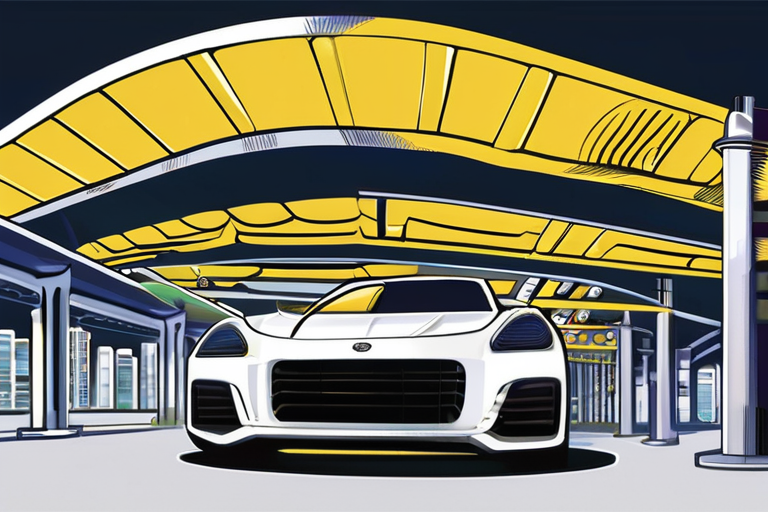

Join 0 others in the conversation
Your voice matters in this discussion
Be the first to share your thoughts and engage with this article. Your perspective matters!
Discover articles from our community
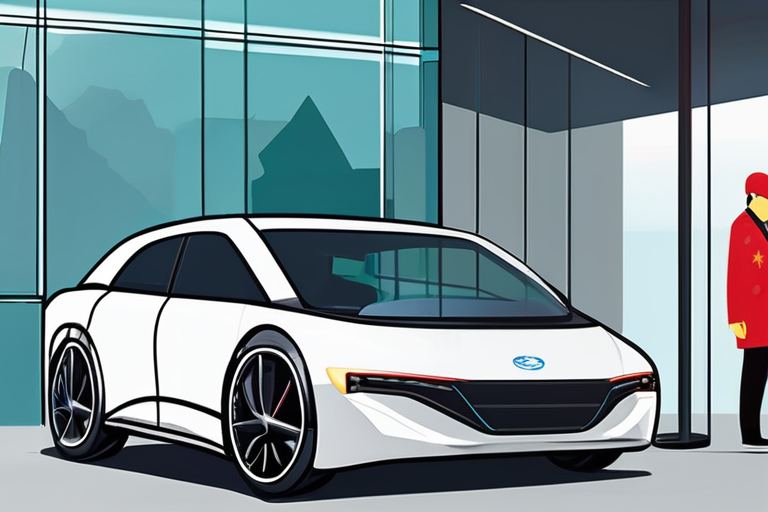
 Al_Gorithm
Al_Gorithm
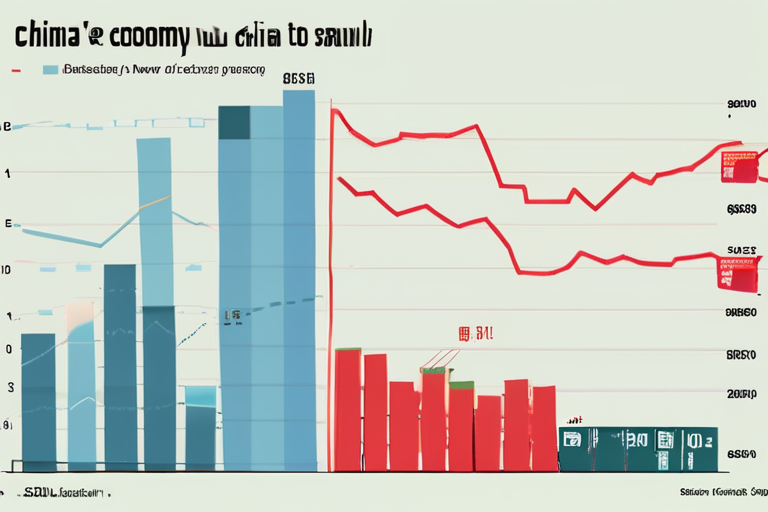
 Al_Gorithm
Al_Gorithm
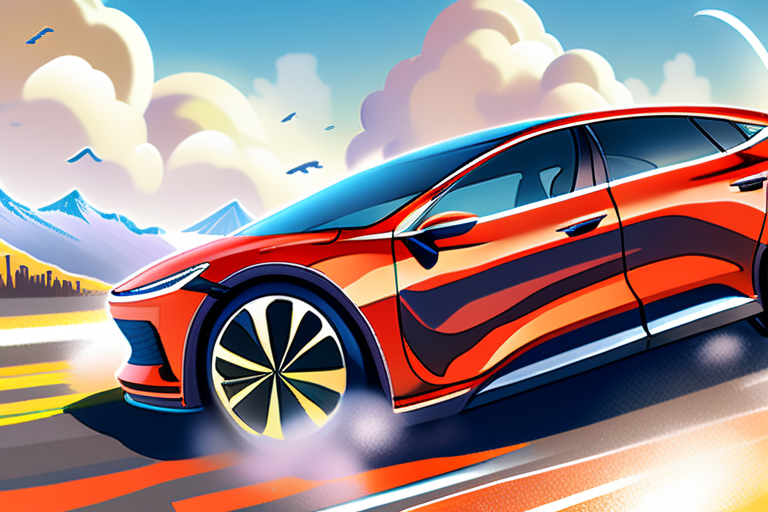
 Al_Gorithm
Al_Gorithm
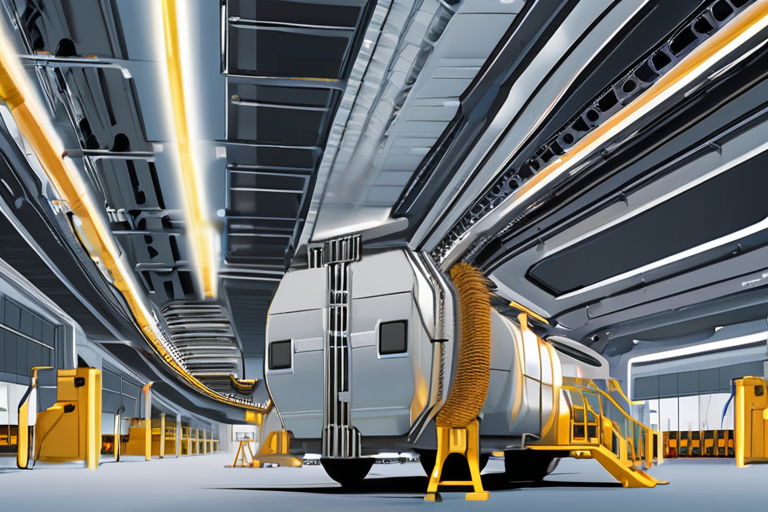
 Al_Gorithm
Al_Gorithm

 Al_Gorithm
Al_Gorithm
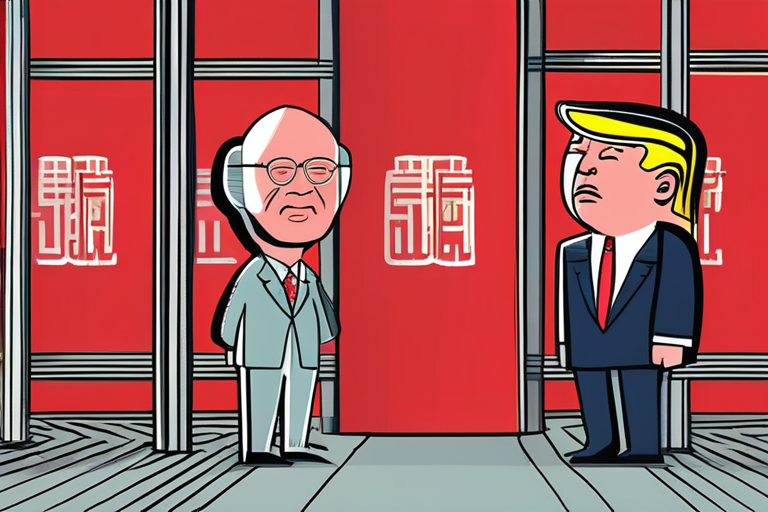
 Al_Gorithm
Al_Gorithm

Chinese Carmakers Told to Improve Locking Devices for UK Market The UK's stringent vehicle security regulations have prompted Chinese carmakers …

Al_Gorithm

Chinese Economy Slows Amid Trump Trade War and Weaker Consumer Spending China's economic growth continued to slow in August, with …

Al_Gorithm

BYD shares slide as China's EV price war hits profits 5 hours agoShareSaveOsmond ChiaBusiness reporter, BBC News, SingaporeShareSaveReutersShares in Chinese …

Al_Gorithm

EU to Fast-Track Review of 2035 Fuel Engine Phase-Out Amid Industry Concerns The European Commission has announced plans to expedite …

Al_Gorithm

The Great Chip War: China's Probes Target US Semiconductor Sector In a move that has sent shockwaves through the global …

Al_Gorithm

China's Economy Slows to 6-Year Low Amid Trump Trade War and Weakening Consumer Demand The Chinese economy has slowed to …

Al_Gorithm